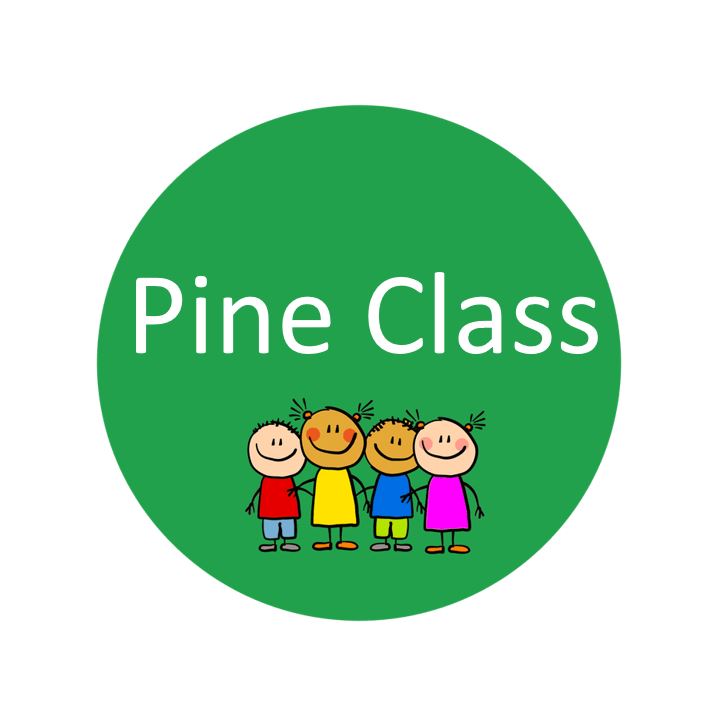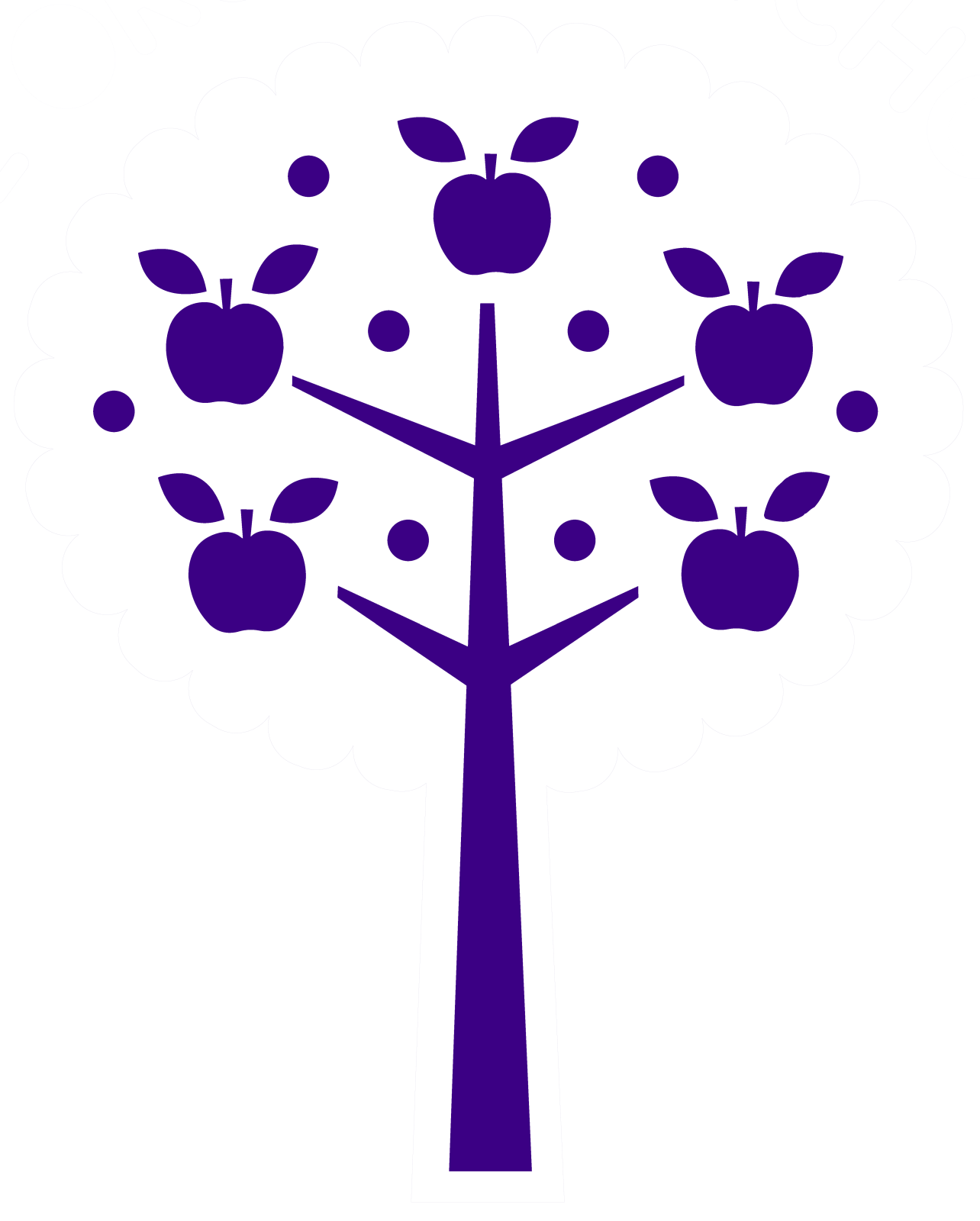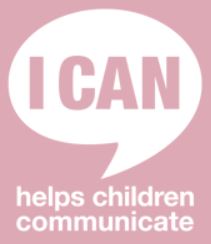Pine Class is our Specialist Resource Centre for Speech, Language and Communication (SLCN).
Pine Class is very much part of our mainstream school.
Centres like ours are also known in Surrey as Low COIN (communication and interaction needs). In Surrey, the COIN category can be subdivided into:
Low COIN – a primary need of speech, language and communication needs.
High COIN – a primary need of autism.
At the Orchard, we have a Low COIN (SLCN) Centre.
Our staff team for the Centre is led by Mrs Chloe Turi (KL-oh-uu-ee TOOR-ee) and our SENCO, Mrs Anna Barkway-Smith (A-nuh BAHR-kweh-SMIHTH), who are part of the our Senior Leadership Team.
Our Centre Learning Support Assistants are: Mrs Julie-Ann Johnson (Yool-ee-eh-ann JAHN-suhn) and Mrs Jo Summerell (Zhoh SEH-mer-ruhl).
Principal Speech and Language Therapist for the Centre is (Surrey County Council): Zoe Cooke (zoh-ee kook)
Service Level Agreement Full Statutory Notice Short Statutory Notice
Pine Class (ID 1040)
-
Anna Barkway-SmithSEND Lead
Anna Barkway-Smith
-
Mrs C TuriPine Class Lead
Mrs C Turi
-
Mrs J Johnson
Mrs J Johnson
Pine is our Specialist Speech and Language Resource Centre offering support for children with recognised developmental language disorders, where speech language and communication are their primary need. The class provides support for 6 pupils with their primary need being a speech and/or language disorder for example; Developmental Language Disorder (DLD) or Verbal Dyspraxia, aged between 4 and 7 years old.
Children are only able to access the SLCN Centre if they have an EHCP (Education, Health and Care Plan) and have been offered a place via Surrey County Council’s SEN Panel.
We have a Surrey County Council Speech and Language therapist/assistant, who comes to the centre one day a week (usually a Tuesday) and works with all pupils and the staff, either individually or in a small group. Modelling sessions can be arranged where parents can join too.
The children are taught in small groups in the centre often for core subjects, such as English and maths, as well as integrating into mainstream classes where they are taught with their peers. The centre staff work very closely with the Surrey speech and language therapist and assistant, as well as the mainstream teachers, to enable all children to develop their full learning potential as well as developing social inclusion for all children.
We offer a bespoke level of support for the children, dependent on their individual needs and the resources available. We aim to ensure that each child gets the right balance of centre support and mainstream class experience.
What do parents say about the Centre?
'I can't thank The Orchard staff enough. You have helped us as a family so much. You are a fantastic school and have given our son amazing support and he has progressed in his education. You are 100% an inclusive school. I can't sing your praises high enough about every single person including the office staff. Thank you so much for everything 😊.'
'We've had a very positive experience, our daughter's been well looked after and made a huge progress. We as parents are very grateful for all your help and support'.
‘The Orchard is a fantastic school. They cater so well for E’s additional needs and I feel I can always talk to someone whenever I feel she is struggling with something. The literacy and speech support is amazing. Overall, we are delighted to have made the decision to send E to the Orchard.’
We love it! The teachers are very kind and caring and have really supported our child's development!
What do children say about the Centre?
I love doing activities, the house with the keys and doors is my favourite'
'I love doing maths because it is amazing because of all the numbers'
'I love snack time because it is tasty'
'I enjoy history and learning about the Great Fire of London because there is fire everywhere and the houses burned down'
Mrs Johnson makes us laugh with her funny jokes!
To find out more and to arrange a visit, please contact admin@orchard.surrey.sch.uk
Frequently Asked Questions
What sort of language difficulties do the children in our SLCN Centre have?
All the pupils in the speech and language centre have language difficulties, and some have speech difficulties, which are severe enough to prevent them from learning in a mainstream class – most of the children have Developmental Language Disorder.
Some have difficulty understanding language, others have difficulty expressing ideas and making themselves understood and others find it difficult to recall words they know and to order them in sentences. Some pupils may need help in several of these areas. Some children have significant difficulty producing speech sounds.
Children with Autism (ASD/C), Down's Syndrome or other conditions that have associated Speech and Language needs would not usually benefit from a placement in our Centre, unless their primary need is speech and language. Please see the Local Authority's Local Offer page for more suitable placements.
Which children come to the provision?
The application for a place in the Centre is through the Local Authority, for children with an EHCP. Please speak to either your child's Speech and Language Therapist or your nursery SENCO for more information.
Are there opportunities for mainstream inclusion?
Children in the Centre integrate with their mainstream peers as often as they can, particularly in the afternoon. This for foundation subject learning including; PE, DT. PSHE, RSE, Art, Music, the Humanities. There are many further opportunities throughout the year for children to take part in workshops, themed weeks and other planned experiences with their mainstream peers.
All the children also have registration, lunch, playtimes and assemblies with their mainstream peers, and participate in whole school events.
How is my child supported in the afternoon through the Pine Provision?
For children who benefit from more small group time in Pine, in the afternoons we run a variety of activities such as: Attention Focus (Bucket group), cooking, singing, Pilates, Lego therapy and sensory play.
When do children receive Speech and Language Therapy?
The Surrey Speech and Language Therapist/Assistant (SALT) is in school once day a week and works in class, in small groups and with individuals. All children in the Centre receive 1:1 speech and language therapy as written in their EHCP. This is reviewed termly and at the annual review. The SALT works closely with the Centre team and class teacher/LSA.
Who else sees the children?
When required, we can refer the children to the Educational Psychology Service, The Primary Mental Health Link Worker, and Occupational Therapist.
If a child has OT or physio written into their EHCP the Surrey services will see them for their allocated sessions in school.
How are parents/carers involved?
Parents/carers are invited to Annual Review meetings, parents’ evenings and Open Evenings to discuss their child’s progress.
There is a half termly newsletter, which is emailed to parents and posted on the school website.
Joint sessions with the Surrey SALT can be arranged to model strategies to support your child.
We run regular parent workshops to help parents support their child's development.
The Centre Lead and SENCO are always available via email, phone or drop ins, if you have any concerns.
Where do children go when they leave the Centre?
Children go to a range of provisions at Key Stage 2, dependent on their level of need. Previous children have gone to St Lawrence (our feeder junior school), a primary school more local to their home address or onto another SRC.
Most children stay in the Provision until the end of Key Stage One (Year 2), leaving in the July at the end of the academic year. They then transfer to their local primary school. On occasions, children may go on to further special educational provision, for example a special school or Centre.
What is DLD?
DLD is a term that is used to describe difficulties with learning and using language. These difficulties are not associated with factors such as general learning difficulties, or conditions such as cerebral palsy, hearing impairment or autistic spectrum disorders. Children with DLD are often as academically able as any other child of their age, but they still have difficulties with speech and language.
Children with DLD can have a range of difficulties:
- I struggle with reading and writing.
- I can sound muddled and disorganised so my talking is difficult to follow.
- I don't understand what lots of words mean.
- Sometimes I know the word I want but I just can't remember it when I need it.
- I can't always say what I want to even though I’ve got ideas.
- In most ways, I'm as able as friends in my class.
- I might have behavioural challenges and get frustrated or withdrawn.
- I can't follow when people say long sentences - it's confusing.
- I can talk in sentences but my speech can be difficult to understand.
- I can find it hard to join in and work or play with others.
- I am quite smart, so even though I don't understand the words, I watch so I know what's going on.
What is verbal dyspraxia?
You can find out more information about verbal dyspraxia from the following websites:
Dyspraxia FoundationApraxia Kids
Verbal dyspraxia is a condition where children have difficulty in making and co-ordinating the precise movements needed to produce clear speech with their mouths; and without any signs of damage to nerves or muscles. Verbal dyspraxia is also sometimes called Childhood Apraxia of Speech. Children with verbal dyspraxia find it hard to produce individual speech sounds and to put sounds together in the right order in words.
Verbal dyspraxia can be diagnosed by a speech and language therapist, although often a paediatrician and/or an occupational therapist will be involved in reaching such a diagnosis. They will look for certain features within a child’s speech.
Children with Verbal Dyspraxia can have a range of difficulties:
A limited range of consonant and vowel speech sounds.
- Overuse of one sound (favourite articulation)
- Inconsistent production and unusual error patterns
- Breakdown in sequencing sounds in words, particularly as the length of words increases.
- Fine and gross motor co-ordination/development
ICAN also run the Enquiry Service, an information line run by qualified speech & language therapists. If you have any questions about the speech, language or communication skills of a child you know, call them on 020 7843 2544 to book arrange a call back at a time convenient for you. You can also email your questions to help@ican.org.uk .





